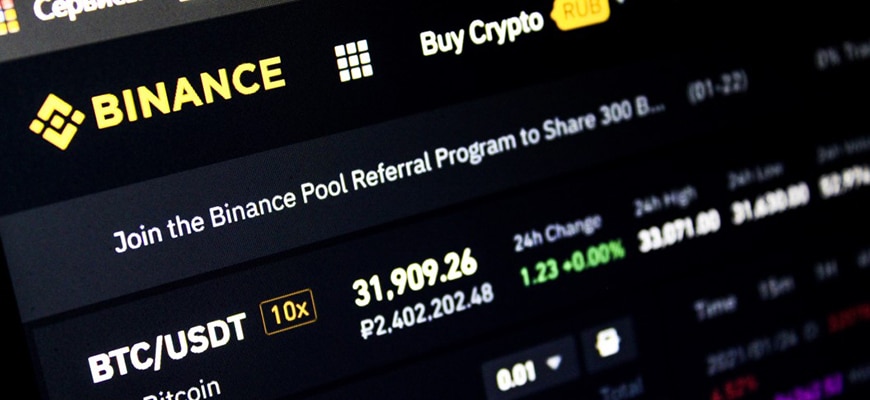Decentralized Exchange (DEX) is a peer-to-peer exchange that allows users to trade cryptocurrencies without the need for an intermediary.
What is decentralized exchange?
Traditionally, cryptocurrency trading involves the use of a centralized exchange. CEXs match the orders of those who want to buy cryptocurrency with the orders of those who want to sell, and vice versa. One might think of them as similar to securities exchanges. However, there are a few perceived disadvantages associated with traditional centralized exchanges. These platforms are privately owned. Thus, at the center of every transaction is a third party with its own motives and priorities.
Private companies control these transactions and collect and store information about all of their customers. This is a direct problem for one of the cornerstones of cryptocurrency: the ability to be anonymous at will. Just as importantly, transactions on centralized exchanges are custodial – meaning that the platform owns the exchanged asset.
According to many, DEX is an important part of the next wave of cryptocurrency development. However, truly decentralized offerings (such as Radar Relay, built on the 0x protocol) are still in their infancy, and trading volumes on these platforms tend to be low. In addition, DEX is likely to face further challenges from regulators, who have made it clear that they do not agree with the view that decentralized exchanges should not be subject to the same oversight as centralized competitors because they do not actually hold assets.








